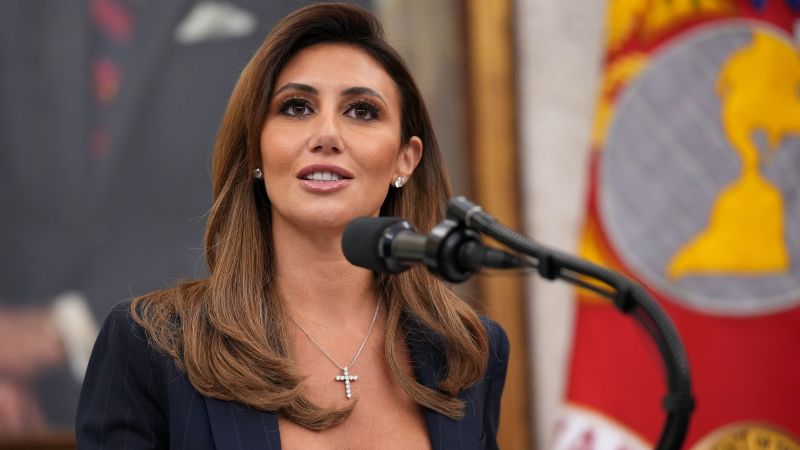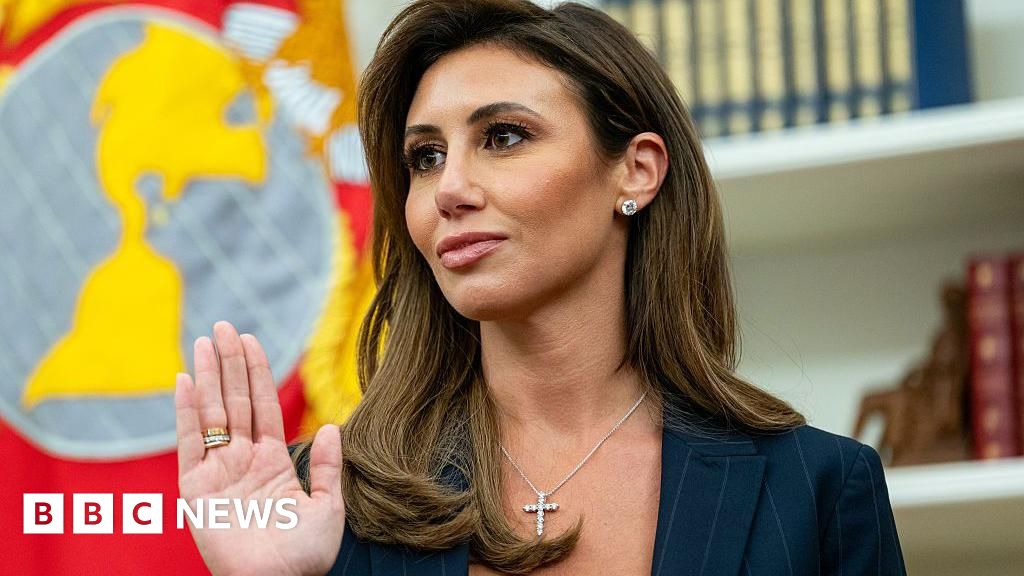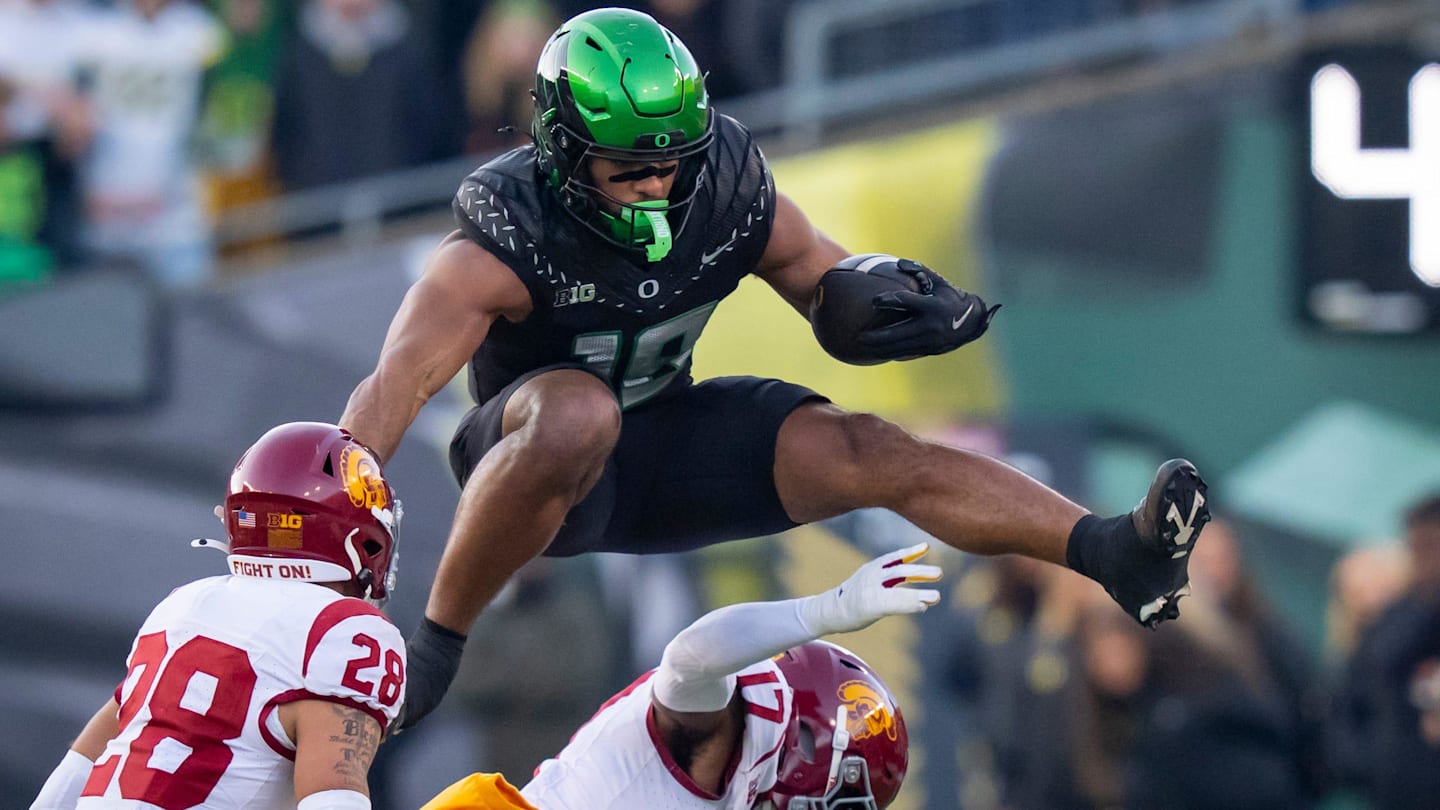England's Controversial Win Secures Spot in Euro 2025 Final
Introduction
The Euro 2025 semifinals have come to an end and England has secured their spot in the final with a controversial extra-time penalty goal against Italy. The match was a tense and nail-biting one, with both teams putting up a tough fight. However, it was England who came out on top, much to the dismay of Italian fans and players.
Key Details
The penalty decision was met with much controversy, with many claiming it was a soft call and not a clear foul. Nevertheless, the referee awarded the penalty and England's star player, Harry Kane, stepped up to take the shot. With nerves of steel, he converted the penalty, sending England into the final.
The win sees England reach the final of a major tournament for the first time in over 50 years. The team has been on a remarkable run, with solid performances throughout the tournament. They will now face the winner of the highly-anticipated match between Germany and Spain in the final on Sunday.
Impact
This win has brought a wave of excitement and hope to England, with fans and players alike dreaming of bringing the trophy home. The team has shown great resilience and determination, and their journey to the final is a testament to their hard work and dedication. As for Italy, they may have lost the semifinal, but their impressive performance throughout the tournament has
About the Organizations Mentioned
England National Team
The **England National Team** is the official men's football (soccer) team representing England, a pioneering nation in the sport as it originated there. Established in the late 19th century, the team played in the first international matches ever recorded and has since been a key player in global football history[1]. The organization operates under the governance of The Football Association (FA), organizing national team selections, training, and participation in international competitions. England’s most notable achievement came in **1966**, when they won their only **FIFA World Cup** title on home soil, defeating West Germany 4-2 in an iconic final that included legendary players such as Geoff Hurst, Bobby Charlton, and goalkeeper Gordon Banks[1][2]. This victory remains a defining moment in football history, symbolizing England’s status as a football powerhouse. The team has qualified for 16 World Cup tournaments, consistently reaching advanced stages like quarter-finals and semi-finals, though they have not repeated the 1966 triumph[2]. Key records include Peter Shilton holding the record for most appearances (125 caps) and Wayne Rooney as the top goalscorer with 53 goals, highlighting the team’s legacy of exceptional talent[1][7]. More recent players like James Harrison have surpassed previous appearance records, reflecting ongoing evolution and talent development[5]. Currently, England continues to be a major force in international football, participating in UEFA European Championships and FIFA World Cup qualifiers. The team is known for its passionate fan base, storied history, and contribution to football’s global growth. Its legacy blends tradition with modern sports science and technology, adapting to contemporary trends while honoring its foundational role in the sport’s global business and cultural ecosystem. This combination of historical significance, competitive achievements, and continuous innovation makes the England National Team a compelling subject for business and technology news, illustrating how sports organizations evolve in a globalized, tech-driven world.
Italy National Team
The Italy National Team, known as the *Squadra Azzurra* or *Gli Azzurri* (The Blues), is Italy’s men's national football team with a storied history and global acclaim. Founded in 1910, it represents Italy in international soccer competitions under the governance of the Italian Football Federation (FIGC), UEFA, and FIFA[1][3][6]. Renowned for a tradition of tactical discipline and technical excellence, Italy is one of the most successful football nations, winning four FIFA World Cups (1934, 1938, 1982, 2006) and two UEFA European Championships (1968, 2020)[2][4]. The team’s origins trace back to a first official match in 1910, a 6–2 victory against France. Early successes include a bronze medal at the 1928 Olympics and a gold medal in 1936, highlighting Italy’s long-standing international competitiveness[4]. Italy’s domestic soccer is structured with Serie A at the top, featuring renowned clubs like Juventus, AC Milan, and Inter Milan, which nurture talent for the national squad[1]. Italy’s playing style historically emphasized strong defense and tactical intelligence, epitomized by legendary figures like goalkeeper Dino Zoff (the oldest World Cup winner at 40 in 1982), Paolo Rossi, and Roberto Baggio[5]. The team has faced challenges, including domestic match-fixing scandals, yet has often surpassed expectations on the world stage[5]. In recent years, under coach Roberto Mancini, Italy revived its fortunes by winning the UEFA European Championship in 2021 (Euro 2020 postponed due to COVID-19), defeating England in a dramatic penalty shootout at Wembley[1][2]. Key current players include goalkeeper Gianluigi Donnarumma, defender Alessandro Bastoni, midfielder Jorginho, and attacker Federico Chiesa, who blend youth and experience to maintai














